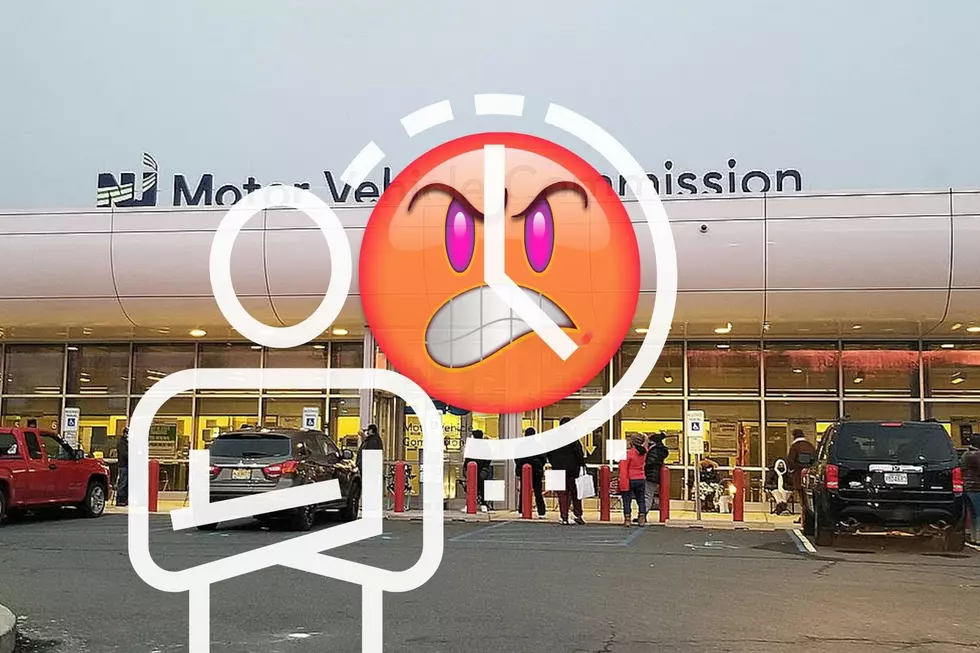![New Jersey Surrogacy Bill – Baby M Redux? [POLL]](http://townsquare.media/site/385/files/2012/05/Screen-Shot-2012-05-30-at-2.54.53-PM-300x275.png?w=980&q=75)
New Jersey Surrogacy Bill – Baby M Redux? [POLL]
There’s a bill being considered by the legislature that would allow women to be paid as “gestational carriers”.
The initial though going in might be, “oh my God…you want to turn a woman into an incubator?”
However, it’s perfectly legal in many other states, and New Jersey would like to legalize the process here, 25 years after the landmark "Baby M" case.
In other words, make it a legal contract between the “gestational carrier” of a donated fertilized egg and the couple not able to conceive on their own.
Twenty-five years after the landmark Baby M case focused international attention on the rights of surrogate mothers in New Jersey, state lawmakers are poised to consider a new measure that would allow residents to formally contract with — and pay — women to carry a donated embryo to term.
Arguments take place in the state Senate on Thursday.
Supporters argue that these so-called “gestational carriers” are different from surrogates because the birth mothers are not using their own eggs but, rather, donated fertilized eggs.
Under the proposal, women would give up their rights to the child and, in return, could be paid an uncapped sum for living expenses through their pregnancy.
Opponents say the bill would violate the rights of all birth mothers and “lead to the radical creation of a breeding class that is exploitive of women.”
Harold J. Cassidy, who served as chief counsel in the Baby M case and who has requested a meeting with Governor Christie on the bill — said New Jersey’s bill, sponsored by Sen. Joe Vitale would “strip away” safeguards built into the adoption process to screen prospective parents and to preserve the rights of the birth mother.
As you remember, the Baby M case pitted Tenafly couple William and Elizabeth Stern, a Tenafly who were unable to conceive, against Mary Beth Whitehead, who signed a contract to give up the baby but then tried to renege after the child was born.
On February 3, 1988, the New Jersey Supreme Court voided the contract and adoption and restored Whitehead’s parental rights. The Sterns’ Tenafly residence remained Melissa’s home, but Whitehead won broad visitation rights and legal status as Melissa’s mother.
Gestational carriers, who have no genetic relationship with the children they bear for other couples, have since replaced paid surrogates in New Jersey.
Melissa Brisman, a reproductive-rights lawyer, says her Park Ridge office arranges about 300 gestational surrogate contracts each year, and the number is on the rise.
But in the shadow of Baby M, carriers in New Jersey may not be paid any more than medical and legal expenses; most of the women matched through Brisman’s office do not live in New Jersey and give birth outside the state so they can collect a fee.
“New Jersey is pretty unique,” Brisman says. “I think it’s because Baby M is still lingering, and no one has changed the law.”
Well, perhaps it's time!
More From New Jersey 101.5 FM









